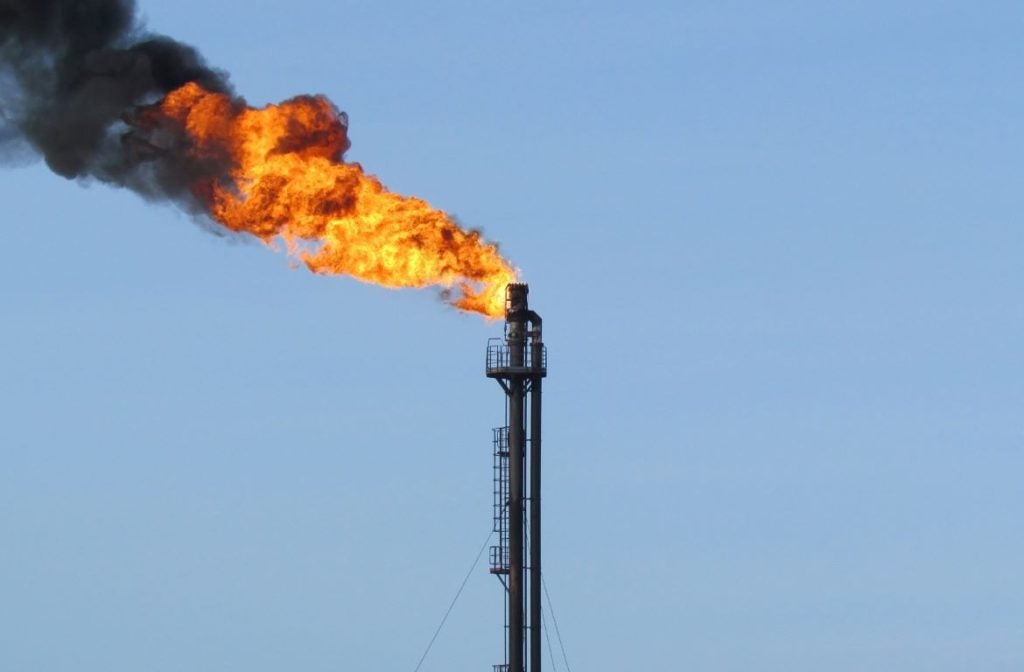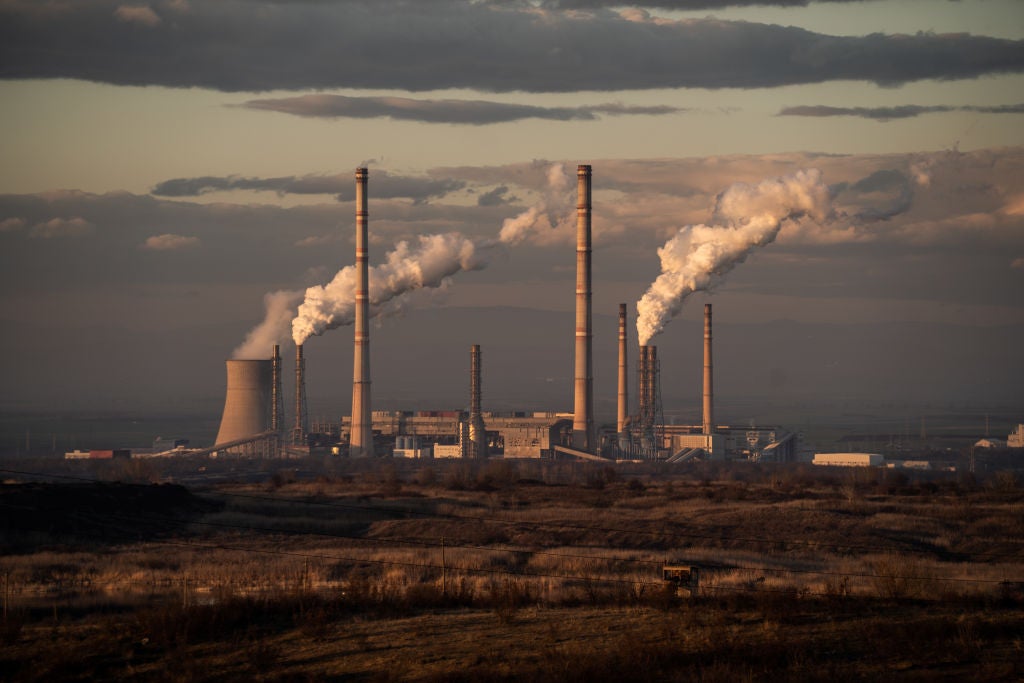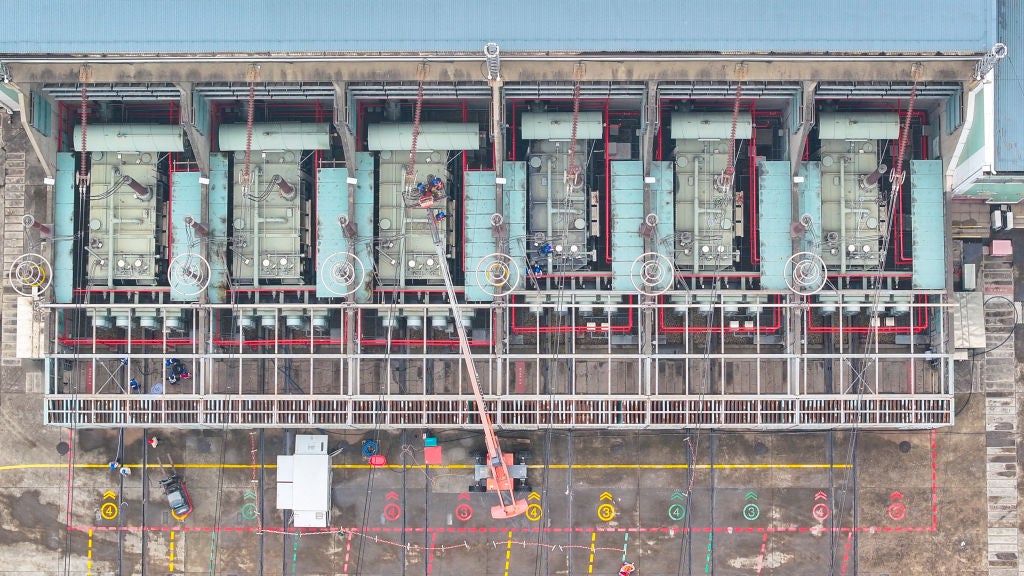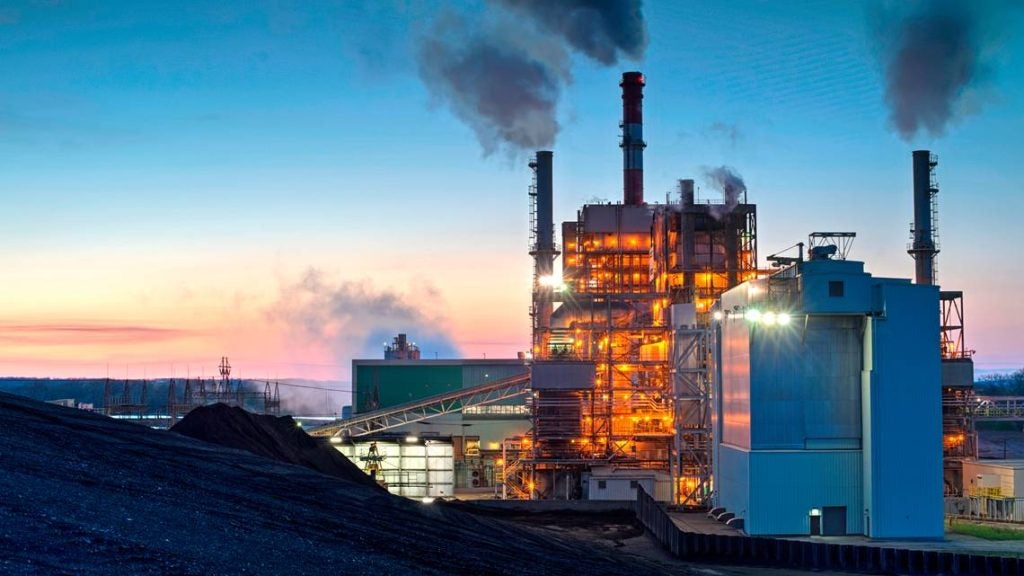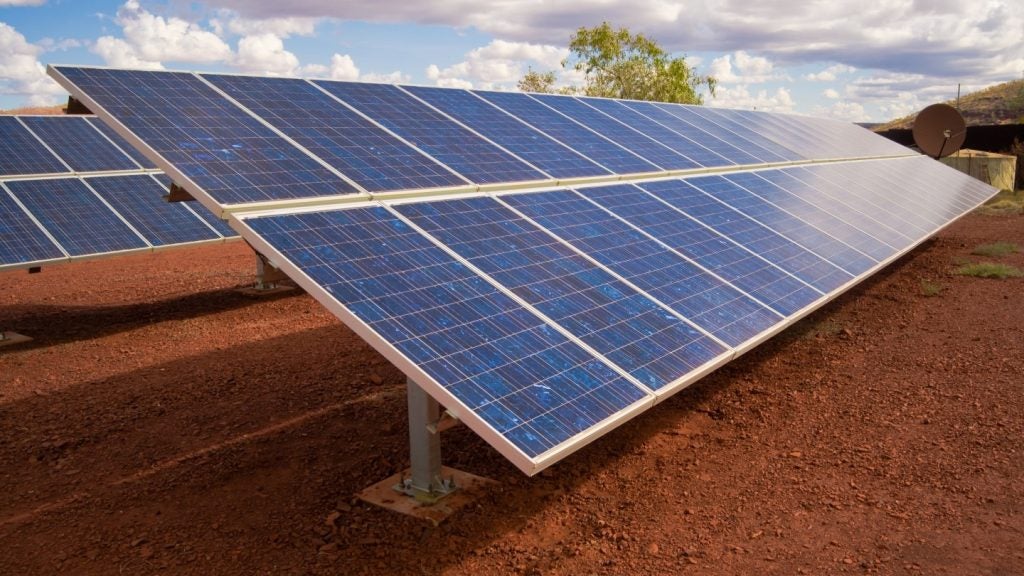Methane emissions from the energy industry reached a record high in 2023, with 120 million tonnes (mt) from production and fossil fuels use, a new report by the International Energy Agency (IEA) said on 13 March.
While many governments and fossil fuel companies remain committed to reporting emissions estimates transparently, the IEA said “overall emissions remain far too high to meet the world’s climate goals” in its Global Methane Tracker 2024 report.
The agency said that the use of new satellites could enhance the detection and transparency regarding methane leaks as “satellites identified a substantial increase in major fossil fuel leaks in 2023 compared with 2022”.
It cited MethaneSAT, launched by the Environmental Defense Fund, as an example. “These satellites are also filling in gaps and uncertainties that remain in the data by providing timely information that may otherwise be left out of disclosures.”
The IEA’s estimates show that out of the 120mt of emissions, approximately 80mt came from the global top ten methane emitters. The US and Russia remain the largest emitters of methane from oil and gas operations while China emits the highest amount in the coal sector.
Last year, the amount of methane lost in global fossil fuel operations was 170 billion cubic metres, which is more than Qatar’s natural gas production.
To achieve the Paris Agreement's goal of limiting global warming to 1.5°C, methane emissions from fossil fuels must decrease by 75% within this decade, as per the IEA analysis.
“A 75% cut in methane emissions from fossil fuels by 2030 is imperative to stop the planet from warming to a dangerous level. I am encouraged by the momentum we’ve seen in recent months, which our analysis shows could make an enormous and immediate difference in the world’s fight against climate change,” IEA executive director Fatih Birol said in the press release.
During COP28 held in Dubai, UAE, last year, almost 200 nations agreed to significantly and rapidly reduce their methane emissions. This pledge was in addition to a previous commitment made by over 150 countries to reduce global methane emissions by at least 30% from 2020 levels by the end of this decade.
“However, in most cases, these pledges are not yet backed up by detailed plans, policies and regulations. The detailed methane policies and regulations that currently exist would cut emissions from fossil fuel operations by around 20% from 2023 levels by 2030,” the IEA report said.
The report also pushed for technologies and measures to prevent emissions, and also that methane abatement is one of the lowest-cost options to reduce greenhouse gas emissions.


